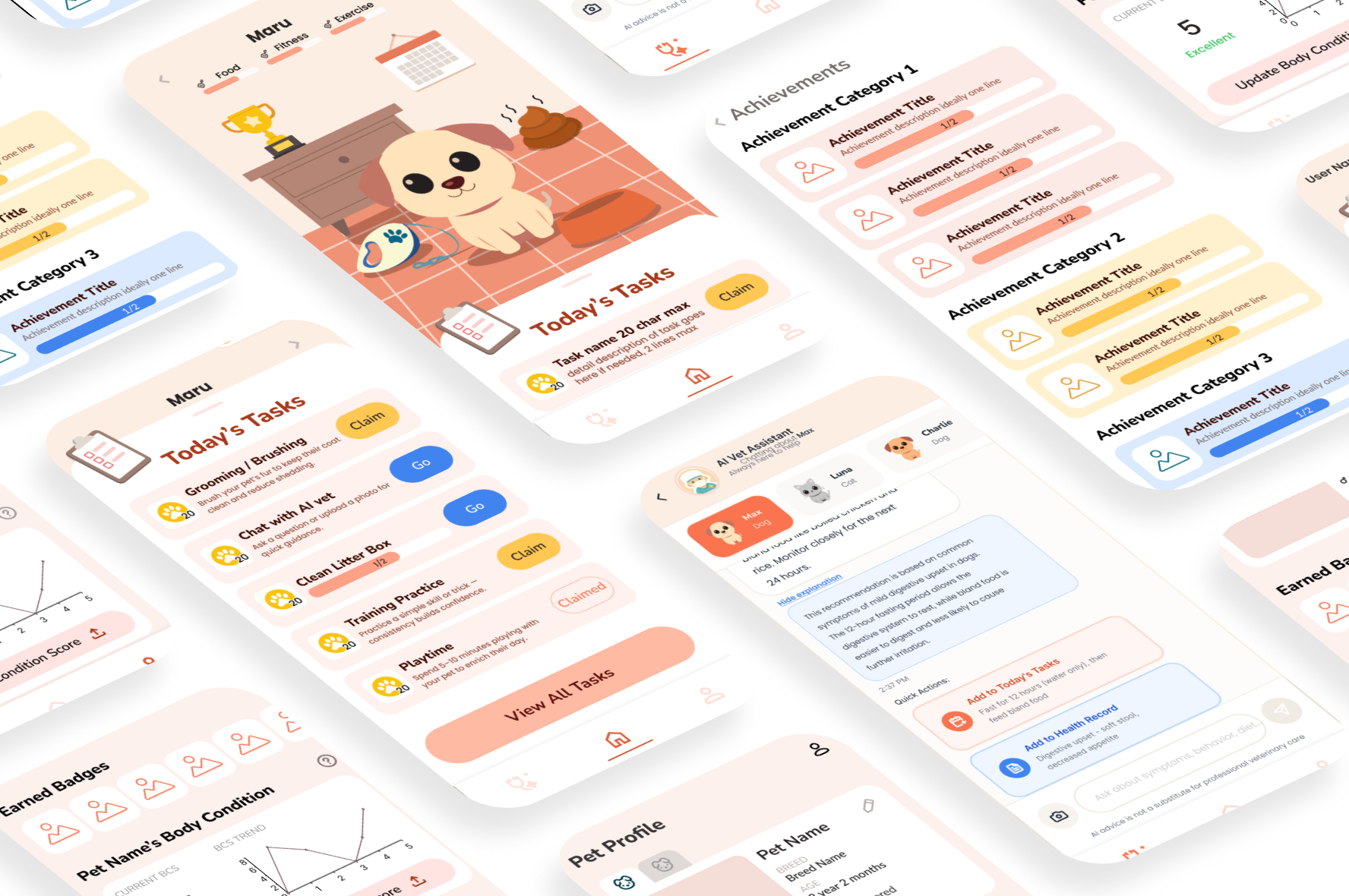Overview
Client's Request
Digitize educational and entertaining materials that our client has been mailing to prisoners.
Our client want to...
Promote Participation and Inspire Innovation
Encourage prisoners to engage in Prisoner Express programs, fostering creativity, critical thinking, and providing meaningful activities.
Facilitate Human Connection and Recognition
Allow prisoners to establish and maintain relationships with Prisoner Express through mail, submitting comments, messages, or creative work, enhancing community ties without needing registration.
The Challenge
Low Digital Literacy + No Internet

Prisoners often have low digital literacy,
isolated from technology
isolated from technology

App must run without internet
3 major Design Decisions & The Solution
Accessibility is key.

Categorized, image-based Display of all programs offered
- Reduced the need for navigation or searching.
- Sparks curiosity and motivation, encouraging users to browse and engage with more content.
- Serves as intuitive visual cues for users who may struggle with text-heavy interfaces or digital tasks.

Displaying the Author’s Name and Mailing Address with each entry
- Encourages readers to reach out directly, fostering connection that helps incarcerated individuals feel seen and valued.
- Shifts the focus from anonymous content to real people with stories, increasing empathy and emotional impact.

Pre-expanded First Category in Save View
- Helps users with low digital literacy quickly understand the feature.
- Reduces clicks and cognitive load.












